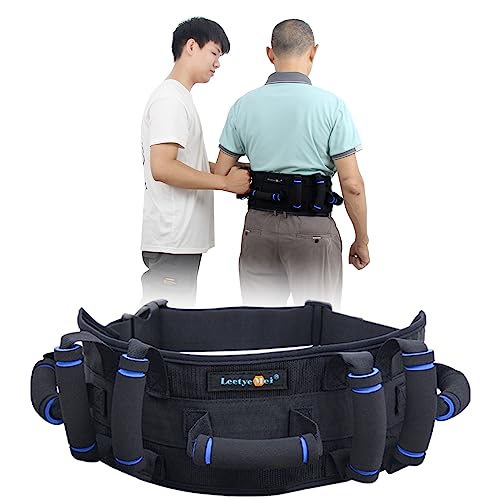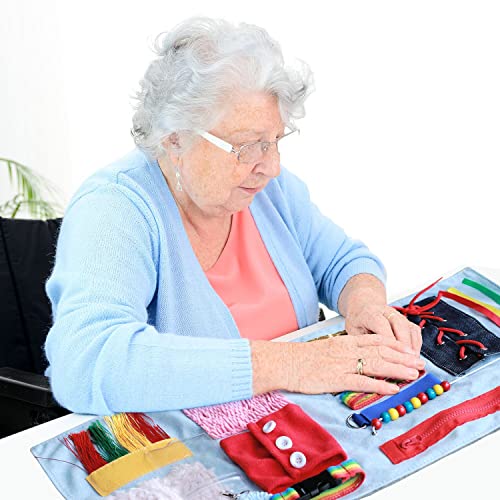Elderly mental health support tools are essential for enhancing the quality of life. They provide much-needed emotional and psychological aid.
Also Read
As people age, mental health becomes crucial for overall well-being. Elderly individuals often face challenges like loneliness, anxiety, and depression. Support tools help address these issues effectively. They offer various resources, from counseling to interactive apps, to support mental health.
These tools are designed to be user-friendly, ensuring they are accessible to older adults. Family members and caregivers can also benefit from these resources, as they provide guidance and support. By utilizing these tools, the elderly can maintain mental health and enjoy a better quality of life.
Buying Guide On Elderly Mental Health Support Tools
buying guide for elderly mental health support tools
providing mental health support for the elderly is essential. Below are steps to choose the right tools.
1. Understand the needs
identify what mental health support is required. Different needs call for different tools.
2. Types of support tools
consider various tools available. These include therapy apps, memory aids, and relaxation devices.
3. Therapy apps
therapy apps offer guided sessions. They help reduce anxiety and depression.
4. Memory aids
memory aids support cognitive function. Examples include puzzles and brain training games.
5. Relaxation devices
devices like weighted blankets promote relaxation. They improve sleep and reduce stress.
6. User-friendly interface
choose tools with easy-to-use interfaces. Simplicity ensures better engagement.
7. Compatibility
ensure the tool is compatible with other devices. Check if it works with smartphones or tablets.
8. Reviews and ratings
read user reviews and ratings. Feedback from others can guide your decision.
9. Professional recommendations
consult healthcare professionals. Their advice can be invaluable in selecting the right tools.
10. Budget
set a budget before purchasing. Compare prices to find the best value.
11. Trial periods
look for tools offering trial periods. This allows testing before making a commitment.
12. Customer support
check if customer support is available. Good support can help resolve any issues.
13. Security and privacy
ensure the tool protects user data. Privacy is crucial for mental health tools.
Conclusion
Supporting elderly mental health is vital. The tools discussed can greatly improve their quality of life. Simple activities like puzzles and reading can keep their minds active. Regular social interactions help them feel connected and valued. Technology, such as apps, can make monitoring and support easier.
Always remember, small steps can make a big difference. Encouraging open conversations about mental health can remove stigma. Family and caregivers play a crucial role in providing support. It’s important to stay patient and understanding. By utilizing these tools, we can help the elderly lead happier and healthier lives.
Let’s work together to ensure they receive the care they deserve.






















